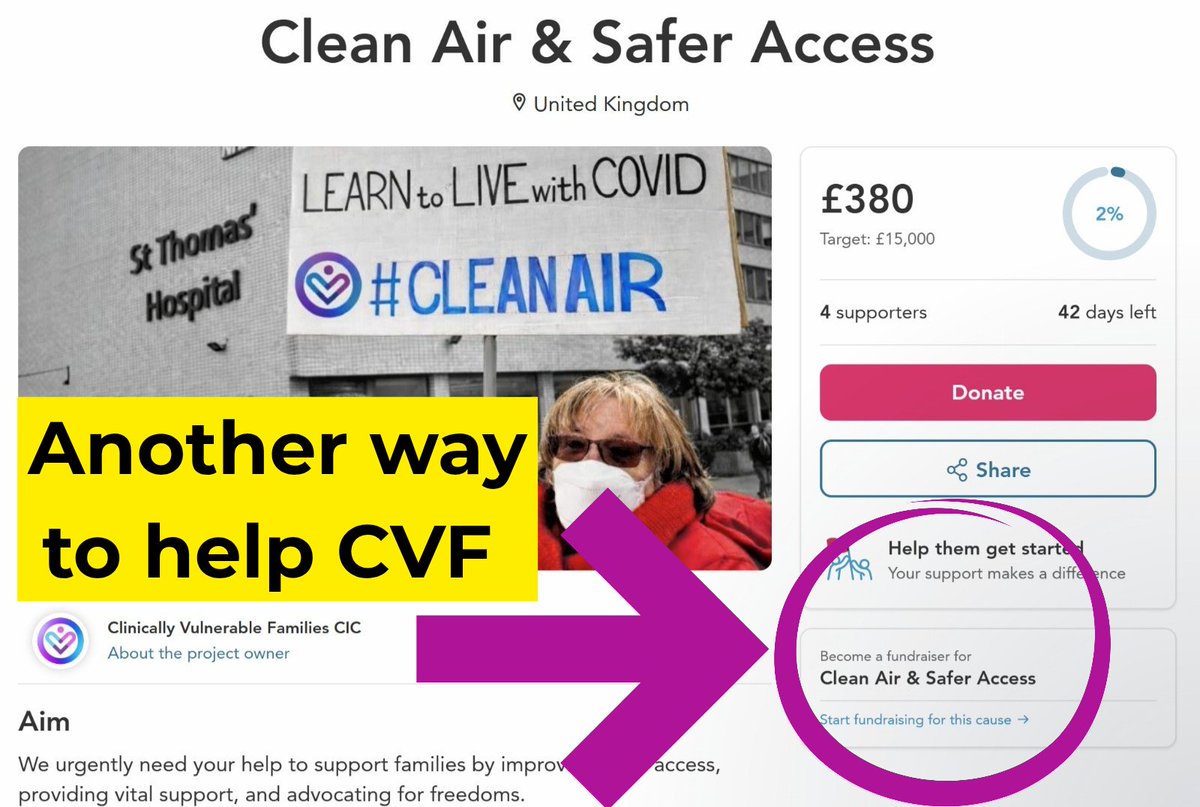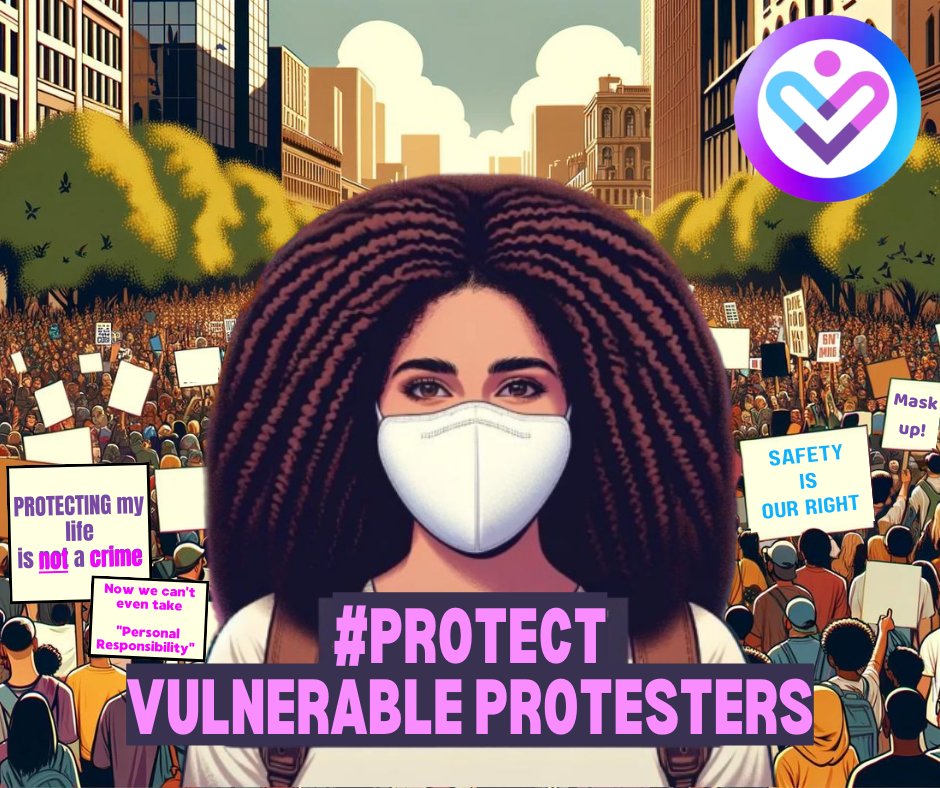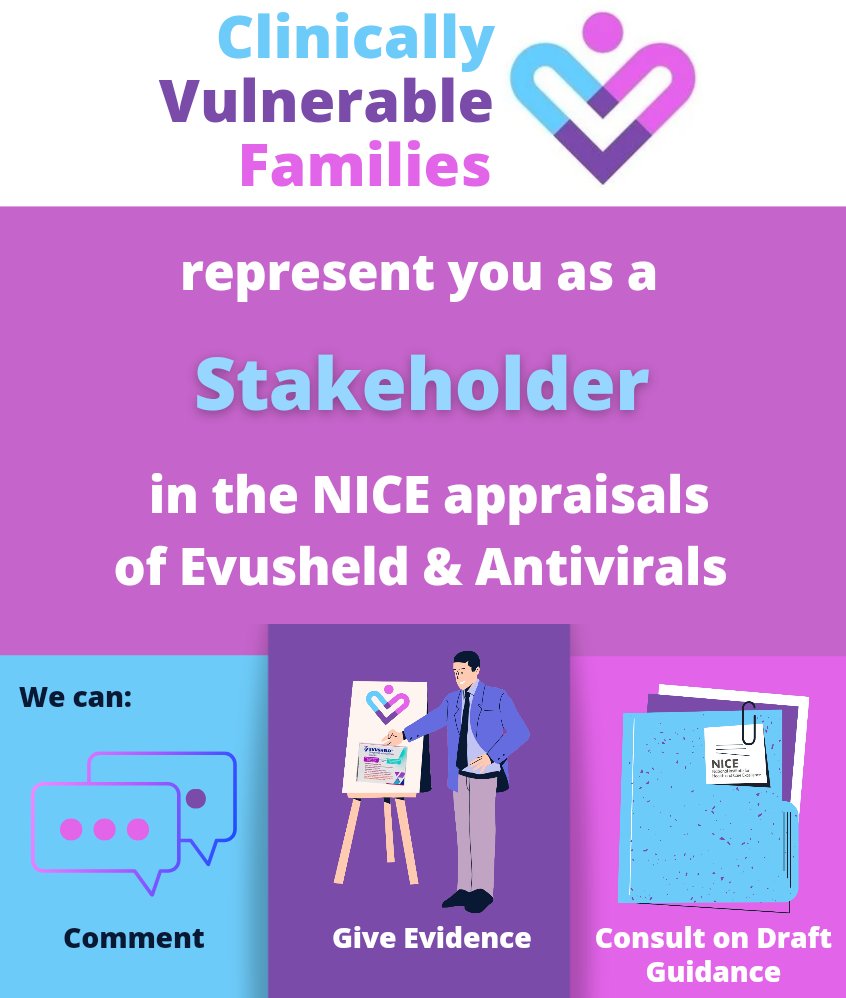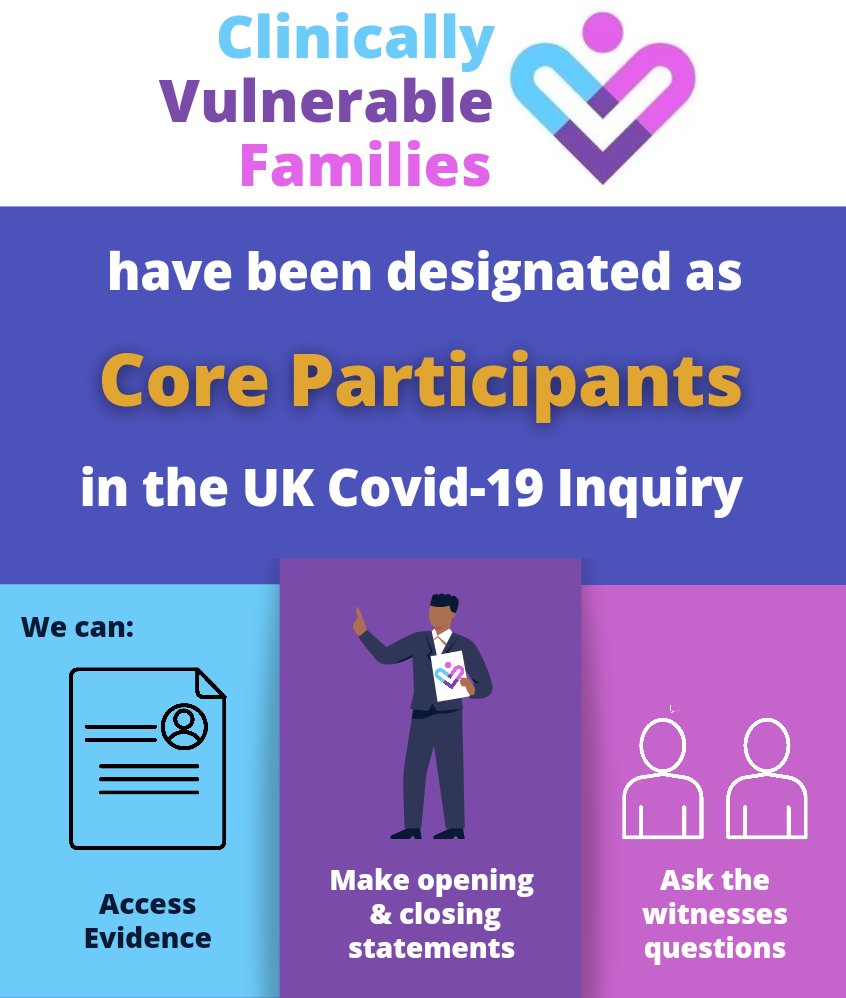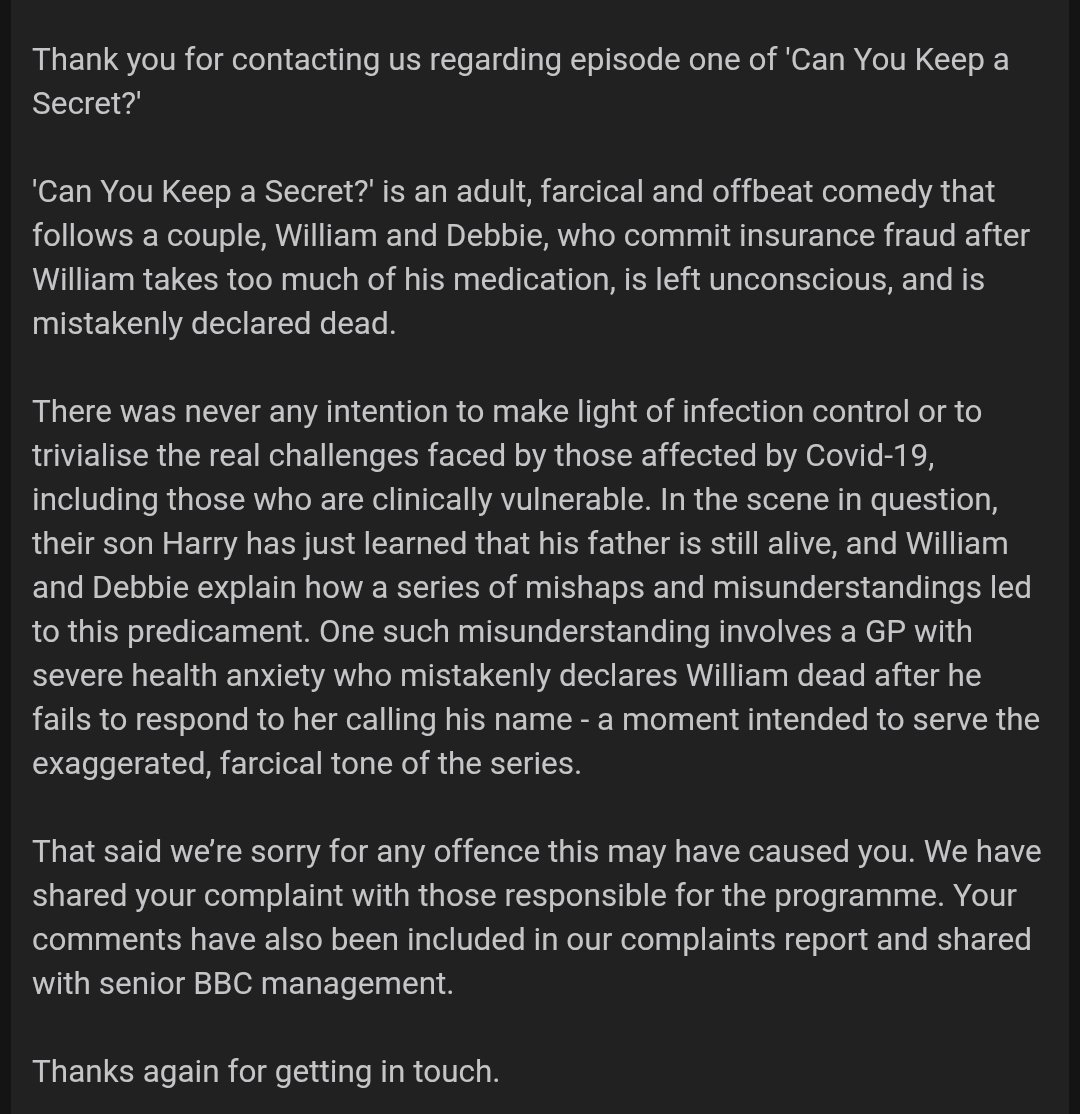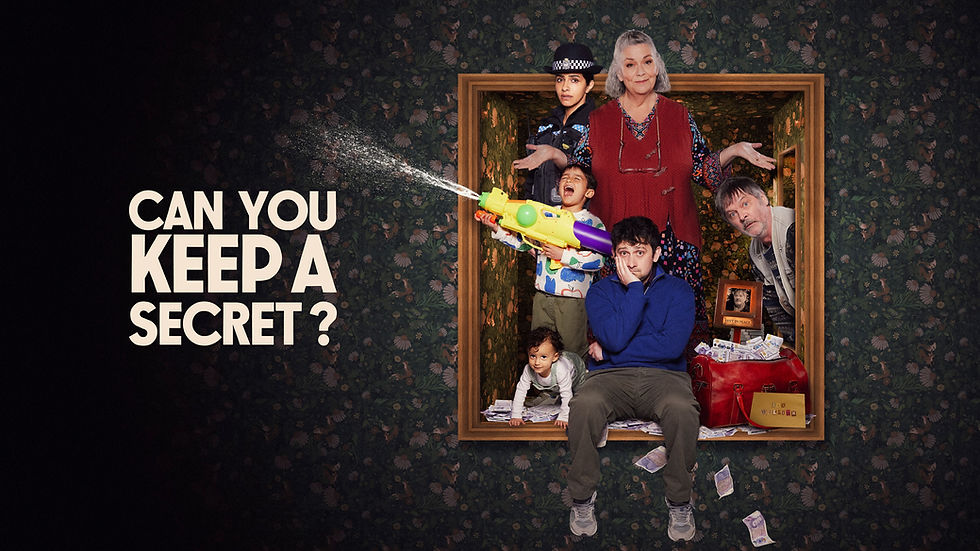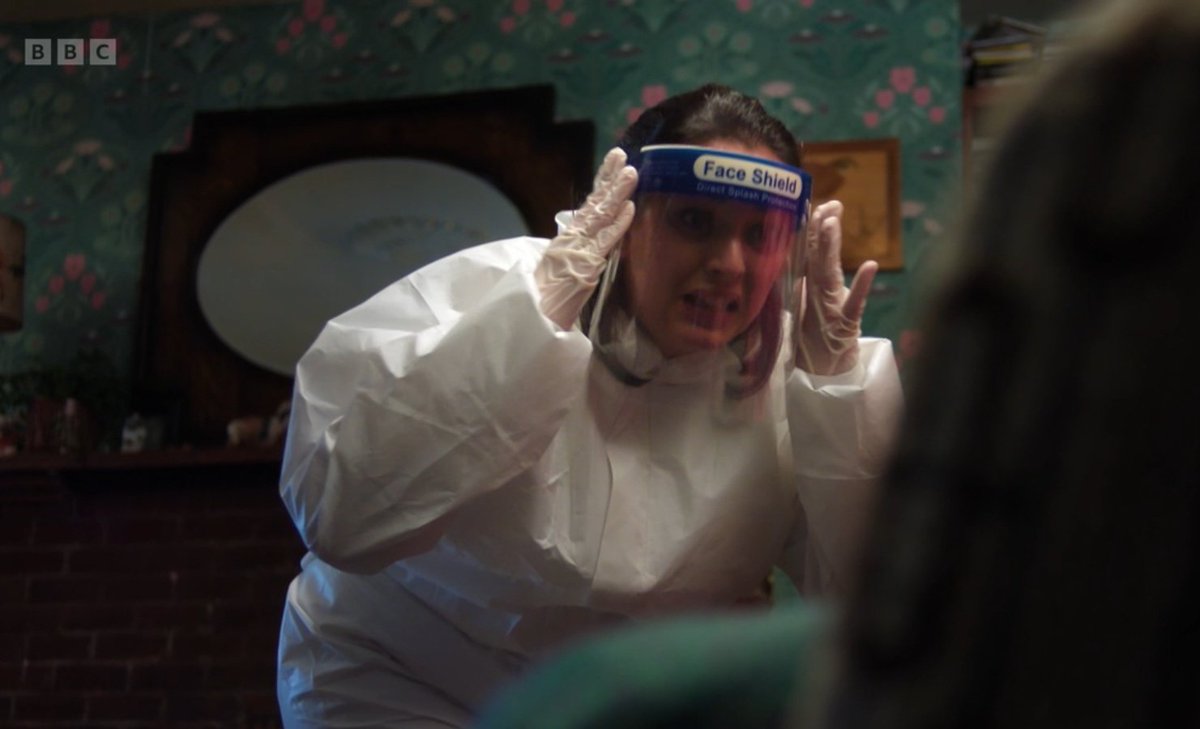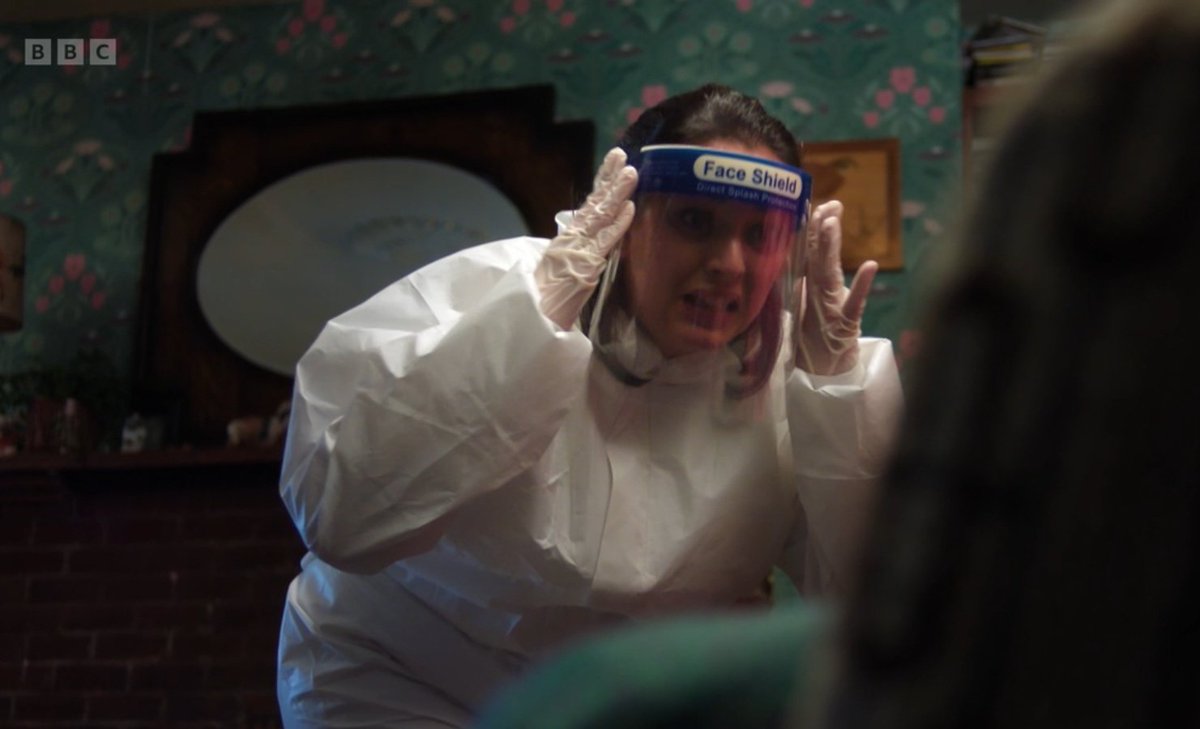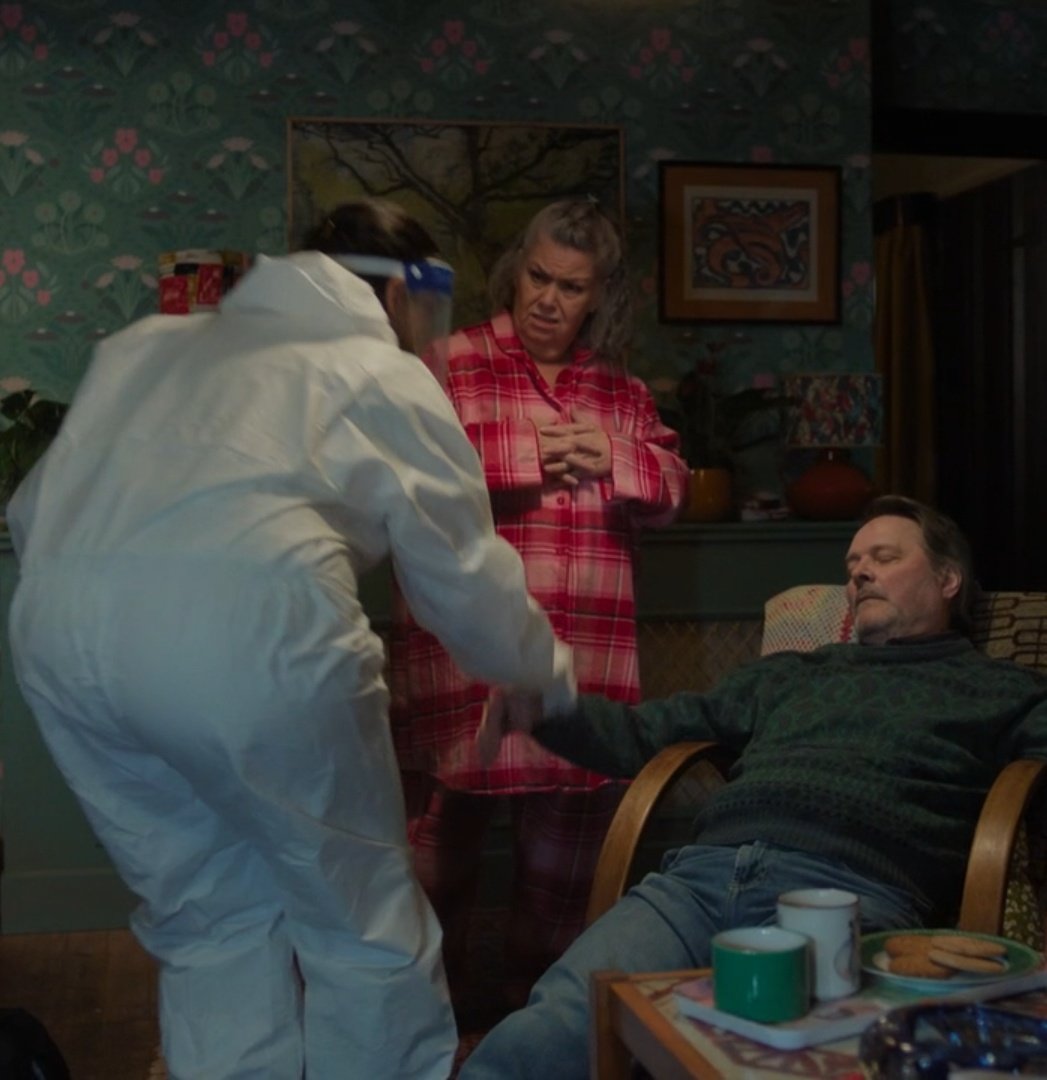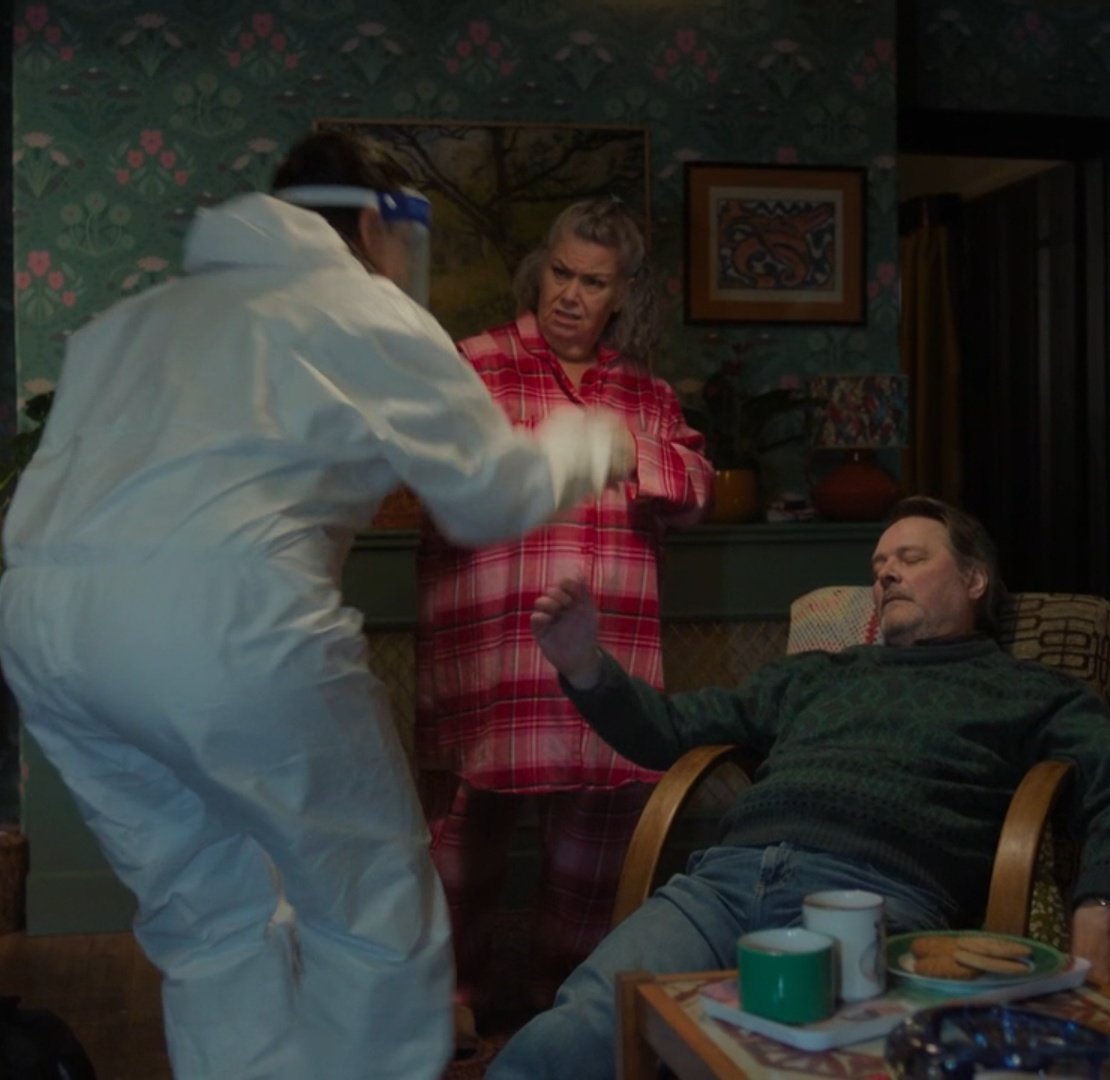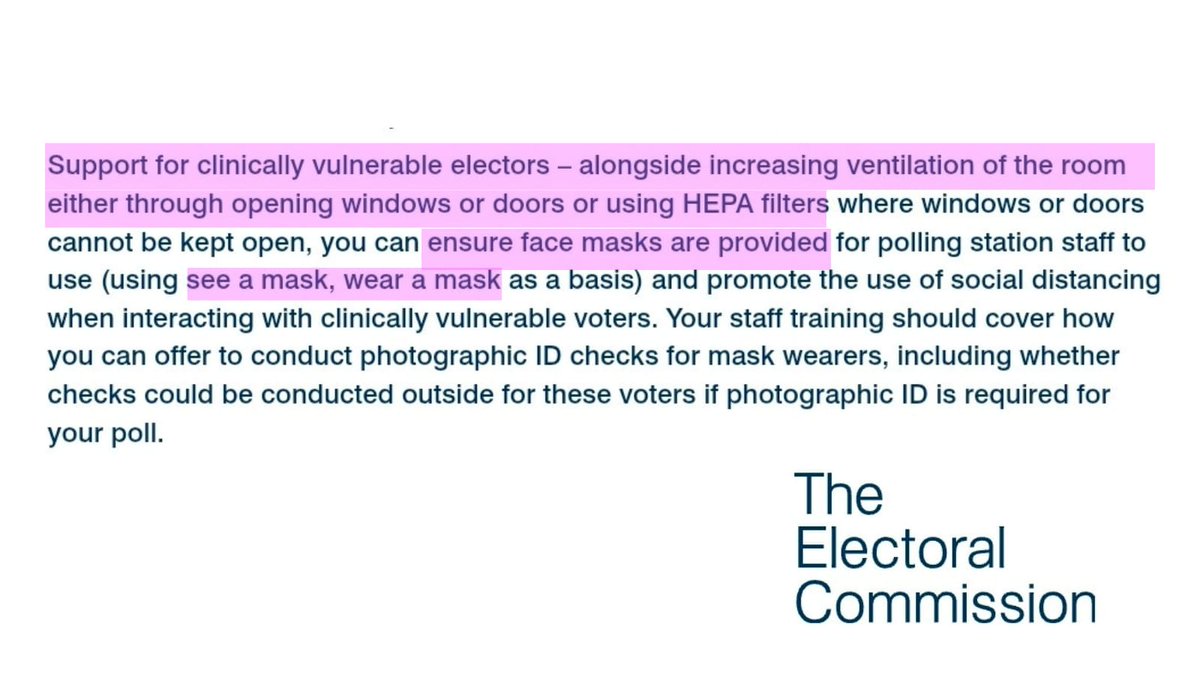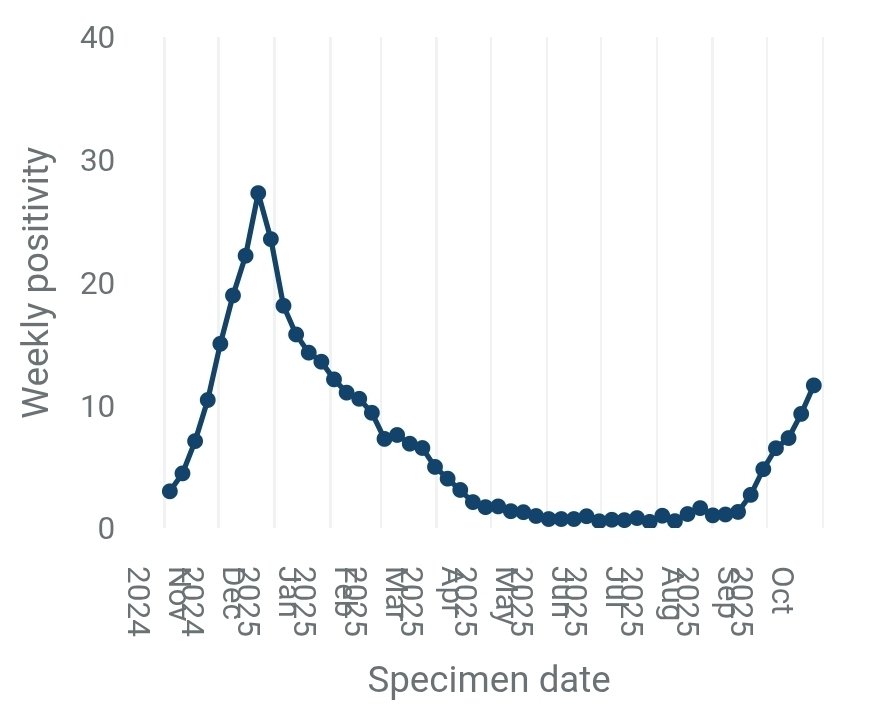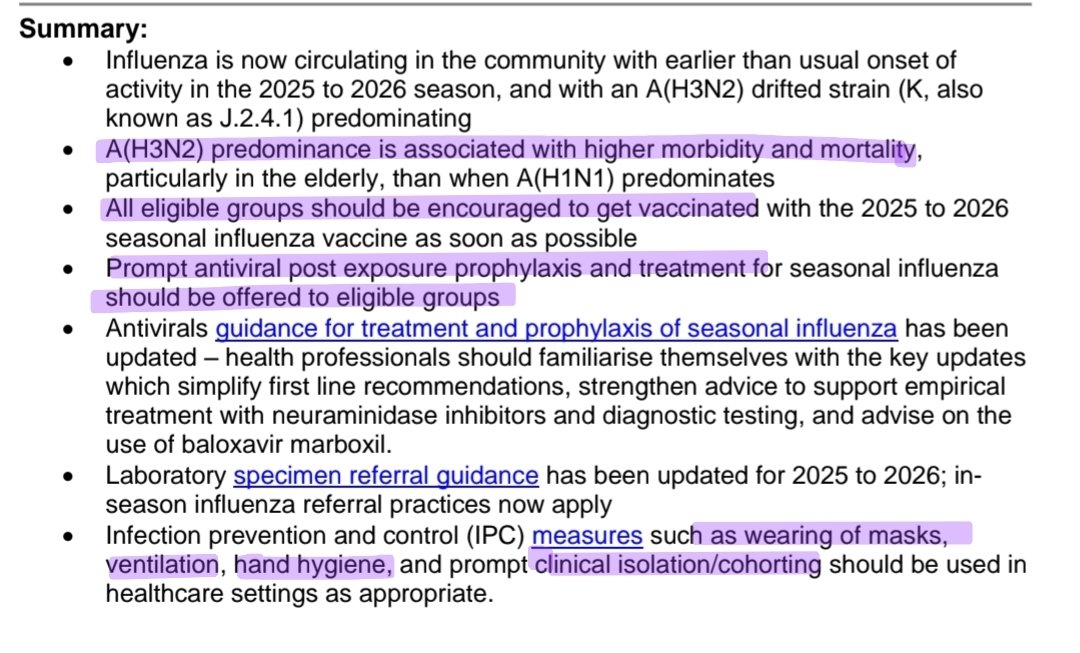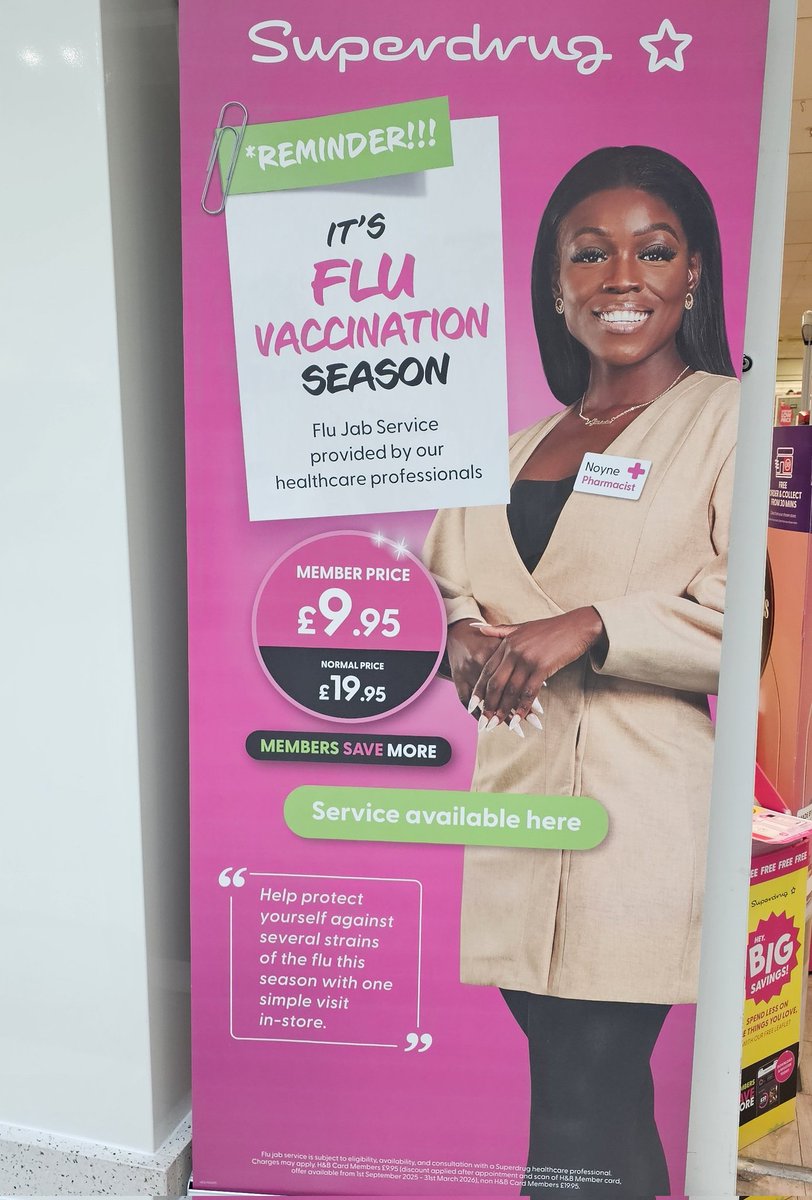🧵A letter, signed by Prof Jennifer Harries OBE, has informed parents of Clinically Extremely Vulnerable children that they are not CEV anymore.
Even being identified as needing a vaccine isn't a reason to shield.
NB/ Many (12-15) have still not received a first dose yet. 1/
Even being identified as needing a vaccine isn't a reason to shield.
NB/ Many (12-15) have still not received a first dose yet. 1/
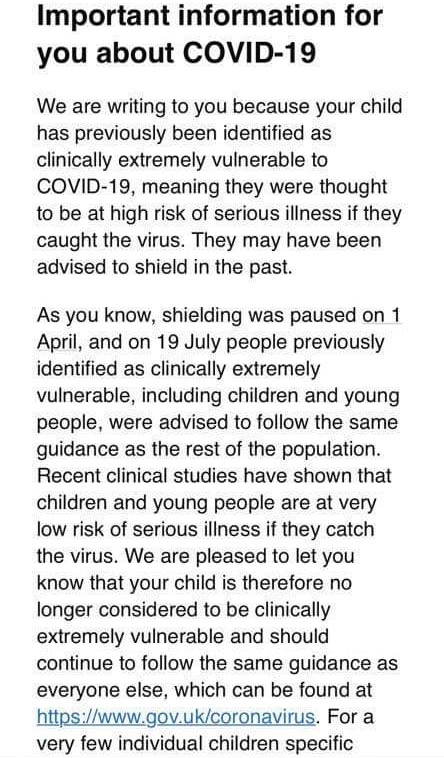
Seeking to reassure parents
"Recent clinical studies have shown that children & young people are at very low risk of serious illness if they catch the virus. We are pleased to let you know that your child is therefore no longer considered to be clinically extremely vulnerable" 2/
"Recent clinical studies have shown that children & young people are at very low risk of serious illness if they catch the virus. We are pleased to let you know that your child is therefore no longer considered to be clinically extremely vulnerable" 2/
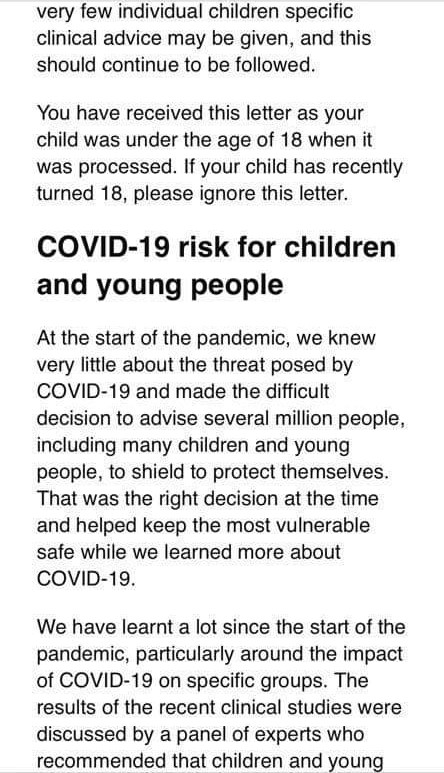
...before the big blow...
"It is important that your child continues to attend their school or other educational settings."
* With a caveat that actually maybe your child is still CEV and "will still have to isolate or reduce their social contact".
3/
"It is important that your child continues to attend their school or other educational settings."
* With a caveat that actually maybe your child is still CEV and "will still have to isolate or reduce their social contact".
3/
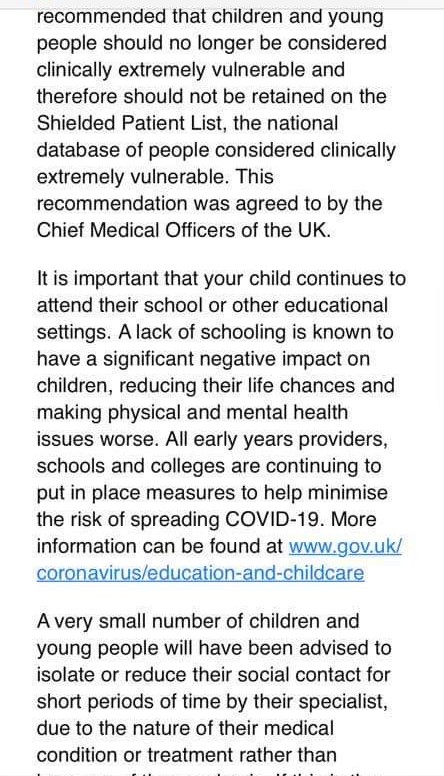
Next they remind parents about vaccines, which too many approved 12-15yos still can't access, but state that
"being eligible for vaccination does not mean that the child is considered to be clinically extremely vulnerable."
4/
"being eligible for vaccination does not mean that the child is considered to be clinically extremely vulnerable."
4/

Parents "will be pleased to know" that their child is no longer CEV.
Their mental health is a priority. Returning them to schools without any mitigations and high prevelance of an airborne infection is, it would appear, the antidote.
5/


Their mental health is a priority. Returning them to schools without any mitigations and high prevelance of an airborne infection is, it would appear, the antidote.
5/



Mental health has regularly been a focus for the DfE:
For children missing school for a couple of weeks in termtime (when school holidays have never caused such issues).
For Vulnerable parents whose fears for life were dismissed as 'anxiety' to keep their children in school.
6/
For children missing school for a couple of weeks in termtime (when school holidays have never caused such issues).
For Vulnerable parents whose fears for life were dismissed as 'anxiety' to keep their children in school.
6/
Once again, mental health is the reason.
Prioritising an unassessed, presumed, mental health condition above a proven physical health condition * all of whom have been flagged by medical professionals as high risk, a concern.
We have safe remote learning alternatives.
7/
Prioritising an unassessed, presumed, mental health condition above a proven physical health condition * all of whom have been flagged by medical professionals as high risk, a concern.
We have safe remote learning alternatives.
7/
Having children attending school during Covid with a threat to life in the household is like living with a gun to your head. Playing Russian Roulette each day.
That is the known threat to mental health.
Why would parents choose to put their child in the firing line?
8/
That is the known threat to mental health.
Why would parents choose to put their child in the firing line?
8/
We have remote learning. If there is *any perceived threat to live* we have an obligation to protect it. Education never previously came with such a threat.
We can have #educationANDlives.
#RemoteEd must be offered to all Clinically Vulnerable Families until school is safe.
END
We can have #educationANDlives.
#RemoteEd must be offered to all Clinically Vulnerable Families until school is safe.
END
• • •
Missing some Tweet in this thread? You can try to
force a refresh


